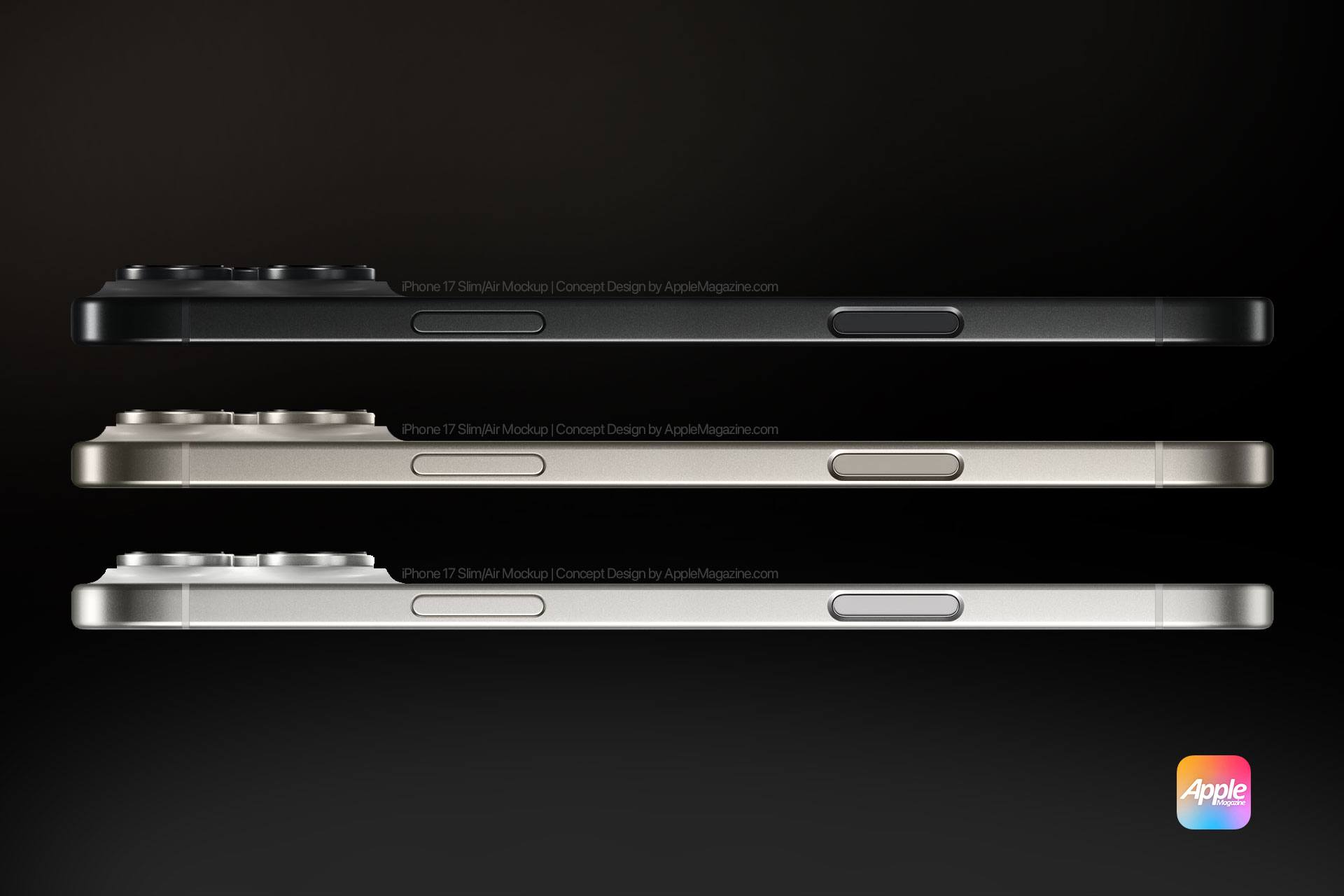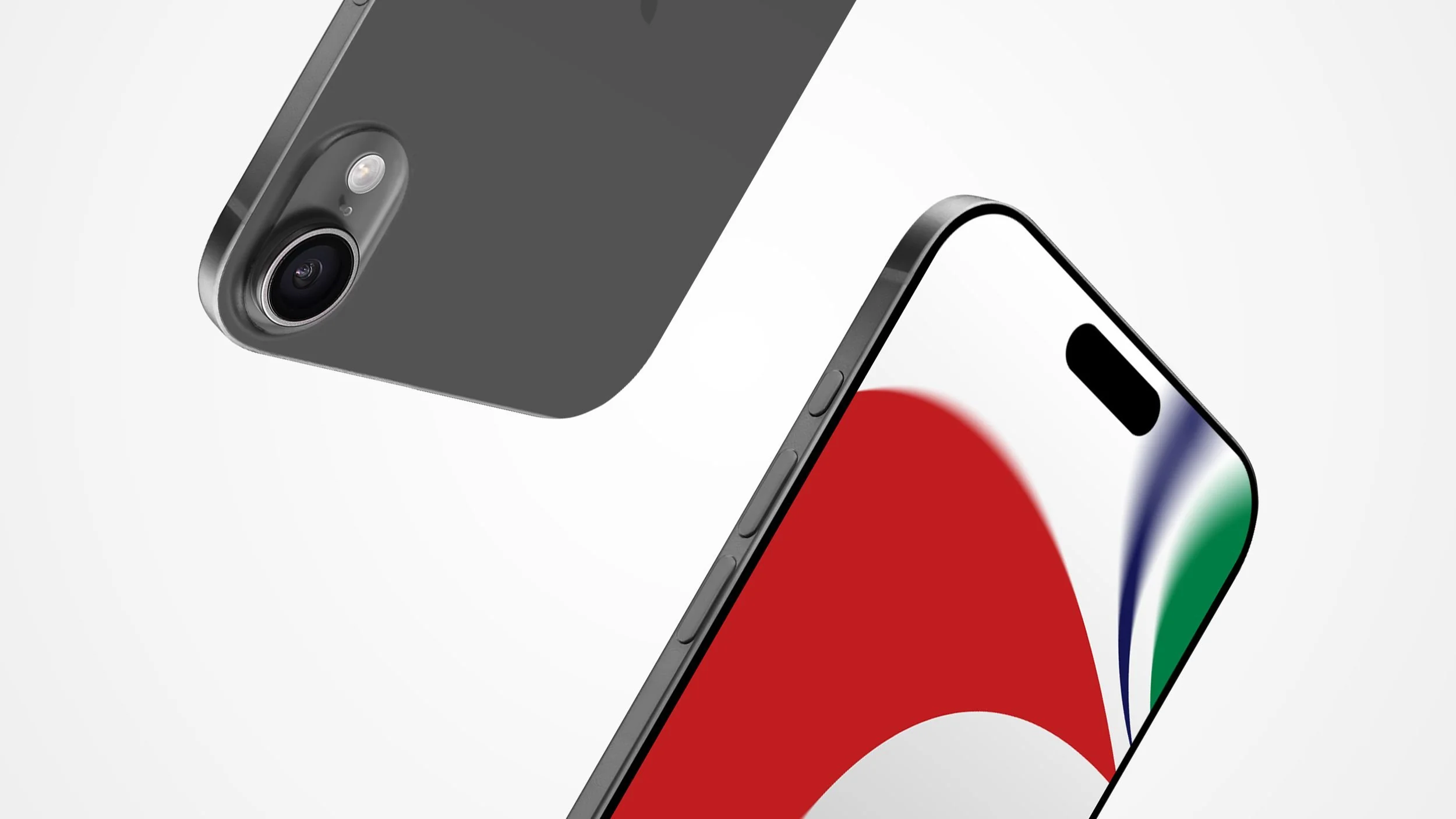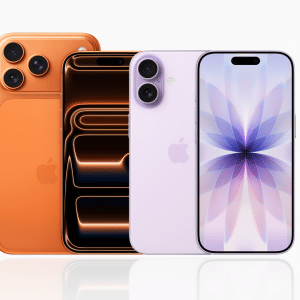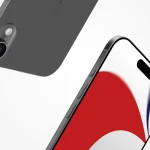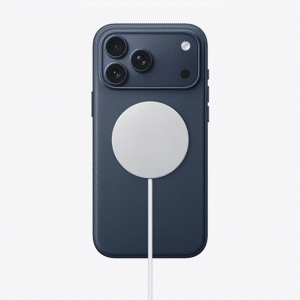One of the most exciting rumors surrounding the iPhone 17 Air is its super-thin design. Sources suggest Apple is prioritizing weight reduction, possibly making it the lightest iPhone to date.
This move aligns with Apple’s ongoing trend of making devices more compact without sacrificing power. If Apple follows through, the iPhone 17 Air could feel almost weightless in hand compared to the iPhone 15 and 16 series.
Leaked renders hint at a larger display-to-body ratio, with even slimmer bezels than previous iPhones. Some reports suggest the device may feature:
✔ 6.1-inch OLED or microLED display
✔ Higher peak brightness for outdoor visibility
✔ Possible return of Touch ID under the screen
While Face ID remains Apple’s primary biometric security feature, integrating Touch ID under the display could be a welcome addition for users who prefer alternative unlocking methods.
Following Apple’s shift to USB-C with the iPhone 15 lineup, it’s almost certain that the iPhone 17 Air will continue using USB-C instead of Lightning.
Additionally, Apple may introduce:
✔ Improved haptics for better touch feedback
✔ Lighter aluminum or titanium frame
✔ Redesigned speaker grilles for enhanced audio output
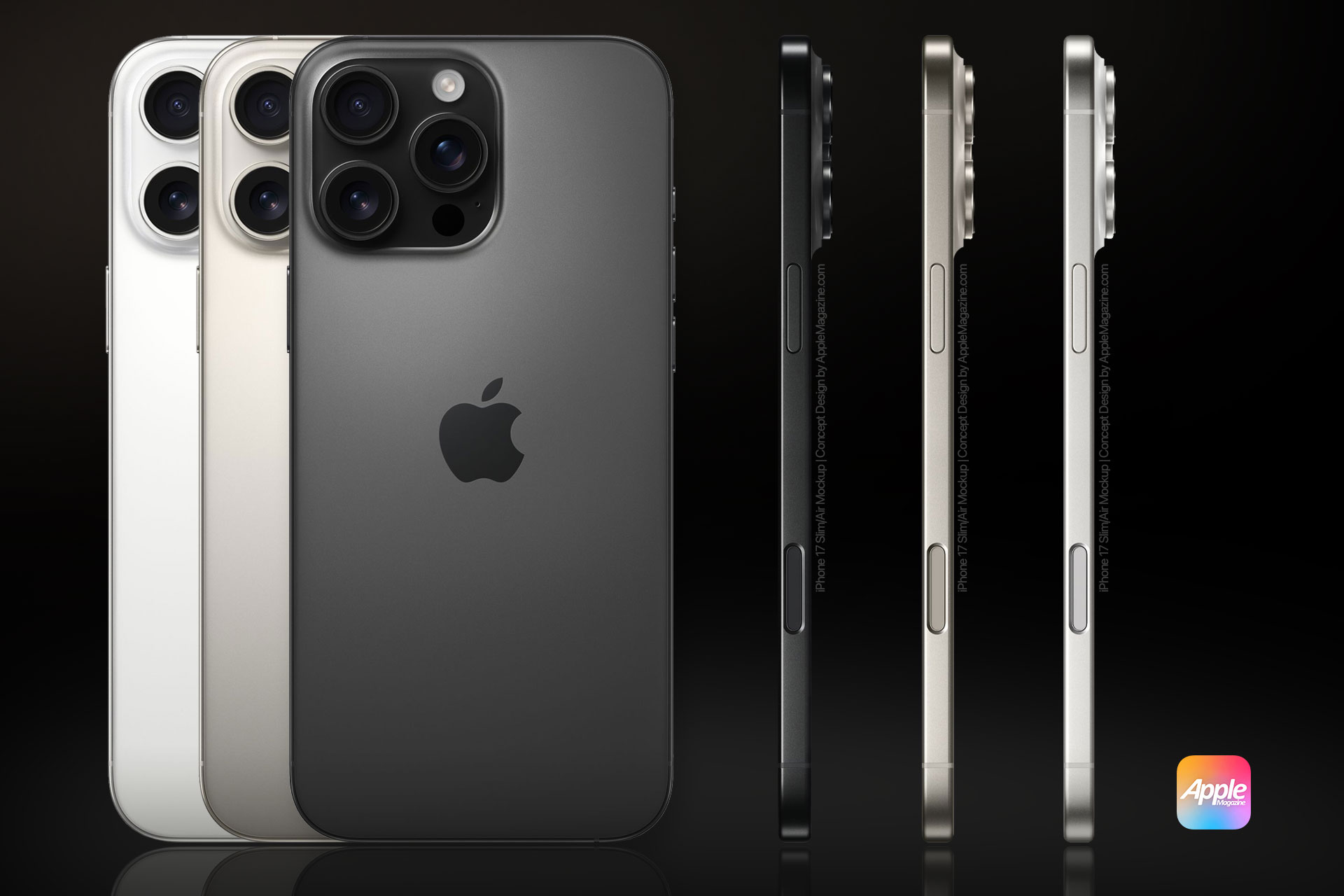
Performance and Hardware Upgrades
1. Will the iPhone 17 Air Feature an A19 Chip?
Rumors suggest the iPhone 17 Air could debut with a next-generation A19 chip, built on TSMC’s 2nm process. If true, this would provide:
🚀 Better power efficiency for improved battery life
🚀 Increased processing power for demanding tasks
🚀 Enhanced AI and machine learning capabilities
Apple has been pushing the boundaries with its A-series chips, and the iPhone 17 Air could benefit from even faster speeds with lower energy consumption.
2. Battery Life: More Power in a Slimmer Body?
A thinner design often raises concerns about battery capacity, but Apple has made great strides in battery optimization in recent years.
To maintain strong battery performance, Apple may implement:
🔋 Stacked battery technology for higher energy density
🔋 More efficient display and processor to reduce power consumption
🔋 Fast-charging speeds up to 30W via USB-C
If Apple can achieve a full-day battery life without increasing the device’s weight, the iPhone 17 Air could set a new standard for power efficiency.
Camera Upgrades and AI Integration
1. A Revamped Camera System
Early leaks indicate that the iPhone 17 Air could introduce a redesigned camera layout. Potential improvements include:
📸 48MP main sensor with better low-light performance
📸 New AI-powered photography tools
📸 Upgraded front camera with autofocus for sharper selfies
Apple has been integrating more AI-driven photo enhancements, and the iPhone 17 Air may take computational photography to new heights.
2. AI-Powered Editing Features
With Apple’s increasing focus on AI-driven software, the iPhone 17 Air may introduce:
🤖 Smart photo and video editing suggestions
🤖 Advanced background removal for instant cutouts
🤖 Real-time video enhancements using machine learning
These additions could make editing on the iPhone easier and faster than ever before.
Will It Be a Mid-Tier or Premium Device?
1. Positioning in the iPhone Lineup
Apple’s iPhone lineup typically consists of standard models, Pro models, and budget-friendly SE models. The introduction of an iPhone 17 Air raises an important question: Where does it fit?
🔹 If it replaces the standard iPhone 17, it could offer a premium build with a lightweight focus while still being more affordable than the Pro models.
🔹 If it’s a new lineup addition, it could sit between the iPhone SE and the standard iPhone, providing a mid-tier option with modern features.
2. Expected Price Range
Apple’s pricing strategy remains unclear, but based on past trends, the iPhone 17 Air could be priced between:
💰 $799 – $899 for the base model
💰 Up to $1,099 for higher storage variants
This would make it an attractive choice for users who want a premium iPhone experience without the Pro-level price tag.
What This Means for Apple’s Future Strategy
1. A Focus on Portability
Apple has been gradually making its devices lighter and more compact, and the iPhone 17 Air could signal a larger shift toward ultra-lightweight designs.
This could set the stage for:
📱 A redesigned iPad Air with an even thinner frame
📱 MacBooks with reduced weight and enhanced portability
📱 Future iPhones prioritizing minimalism and durability
2. Competing with Foldables and Slim Android Phones
The smartphone industry is seeing a rise in foldables and compact flagship models like the Galaxy Z Flip and Xiaomi 13 Lite.
The iPhone 17 Air could serve as Apple’s response to ultra-portable designs, offering a lightweight alternative to foldable phones while maintaining Apple’s signature build quality.
Is the iPhone 17 Air the Next Big Thing?
With its rumored ultra-light design, improved display, and AI-powered camera features, the iPhone 17 Air could be one of the most exciting iPhone releases in years.
For users who prioritize sleekness, portability, and cutting-edge Apple tech, this could be the ideal device.
🔹 If Apple delivers on battery efficiency and performance, the iPhone 17 Air could redefine what a lightweight flagship phone should be.
🔹 However, pricing and feature set will determine whether it becomes a mid-tier success or a premium staple in Apple’s lineup.
As leaks and official announcements unfold, the iPhone 17 Air is shaping up to be a major talking point in the 2025 smartphone landscape.
